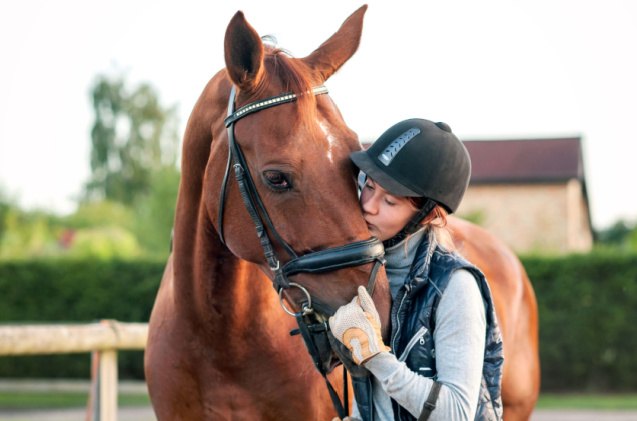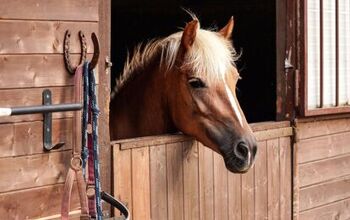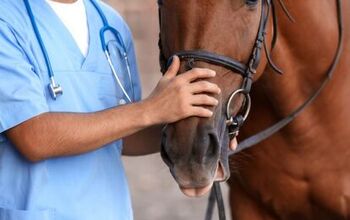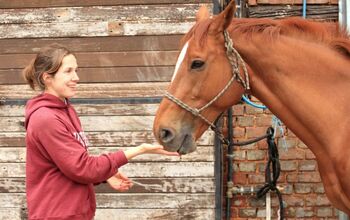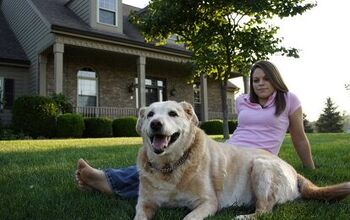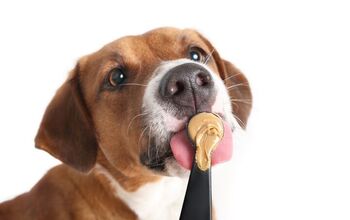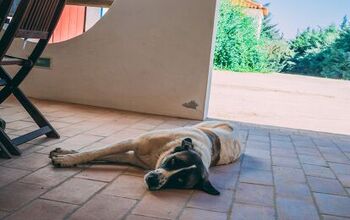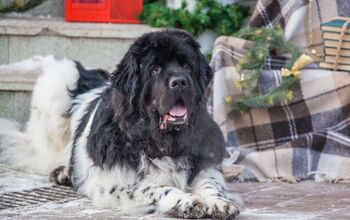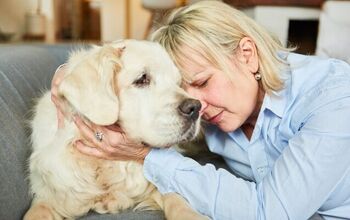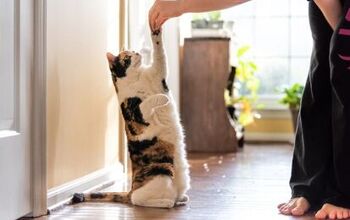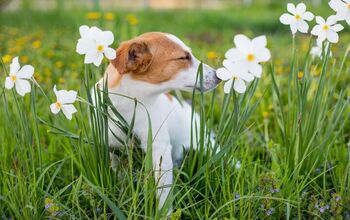How to Bond With Your Horse

The relationship between a horse and its owner can be one of the strongest in the animal world. Horses, as we know, are very intelligent and emotional animals, and will have the ability to remember the faces of the people they love. But, if you want to be that special person, you will have to bond with your horse first. If you are a first-time owner and looking to make good first contact and start things off on the right foot – then read on! Here are some insider tips and tricks on how best to bond with your horse. Hopefully, this will be the start of a friendship that will last for many long years.
How to Bond With Your Horse: Step By Step
Training and bonding with a horse is, in many ways, similar to working with small children, or with other pets. The things you apply in these cases usually work well with horses, with a few additional details. Because of this, the first and foremost trick is to be firm and decisive. Animals recognize authority, and that is the first step in creating a healthy relationship. While working with your horse, training, and setting down ground rules, use a firm tone of voice – of course, without sounding aggressive or loud. Remember – firmness does not equal scolding. You can be firm but still remain fair, friendly, and supportive.
Next up, it is important to be understanding. Just like us, horses have their limitations also, as well as fears, habits, and traits that are unique only to them. Because of this, a horse owner cannot expect their animal to perform things and tasks that are impossible. Set down reasonable rules and tasks that won’t overburden your horse or make them attempt impossible things. Pushing them over their limits can cause anxiety and stress, which can damage the horse’s health in the long run.
Of course, one of the most important aspects of bonding is actually spending time with your horse. This means spending time outside of training and feeding. Show up outside of “work hours” and spend some quality time with your horse. Give them some gentle rubs, brush their coat, talk to them, and bring a tasty treat with you. Anything goes as long as it is only the two of you. Speak gently to them, ride them casually, or walk along their side. The quiet moments between the two of you can work wonders, and cement that relationship for the years to come. But, remember, horses can sense your energy – so always come in a good mood and with honest intentions.
This leads us to another important tip, which is to create positive associations. Sometimes, your horse can associate you with a certain thing, event, or activity, and through that, a relationship is born. But, you need to make sure that these associations are positive. Be stern and punish your horse, and they will quickly associate you with these negative aspects, and thus fear you. But if you are gentle, firm, friendly, and spend quality time with them, your horse will remember. This way, whenever you appear, they’ll know it’s a friend approaching.
Treats are another great way to get closer to your horse. This might seem like “cheating” the process, but it works. Just like any other animal, horses also love treats. Make sure to always have something in your pocket to give as a reward or as a simple shortcut towards positive associations. But be sure that these treats are healthy and good for horses. The most common natural treats are carrots and apples, and they are great for horses. These are great for positive reinforcement, and letting your horse know that they did good – not to mention scoring a few brownie points, too.
As a horse owner, you will have to acquaint yourself with horse body language. Just like any other animal, horses too can give you important information if you pay attention to their movements and the sounds they make. Learn to recognize their posture, the movements of their tail, ears, and lips, as well as their facial expressions which are common in horses. These can tell you if you are pushing them too hard, or have done something that’s not acceptable. In time, you will be able to decipher the non-verbal signs your horse is sending you without a hitch.
Conclusion
Just like any other bond that is created, be it amongst humans or with animals, time and shared experiences play an important role in bonding with your horse. Take a ride together around the land or the neighborhood, wherever you can. Try playing, grooming, or some gentle massaging as enriching activities to do with your horse. They are quite intelligent and will love the fun and the break from the daily routine. In addition, be firm with your horse but never harsh or mean, reward them with healthy treats, and pay attention to their body language – in no time, you’ll have a new best friend.

A proud mama to seven dogs and ten cats, Angela spends her days writing for her fellow pet parents and pampering her furballs, all of whom are rescues. When she's not gushing over her adorable cats or playing with her dogs, she can be found curled up with a good fantasy book.
More by Angela Vuckovic



